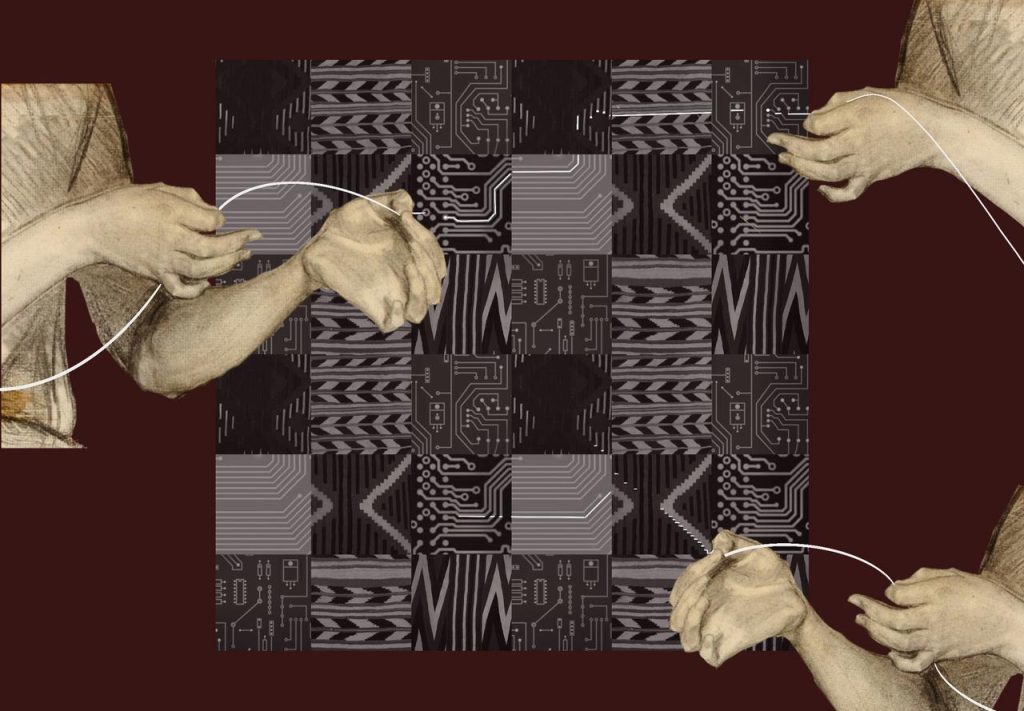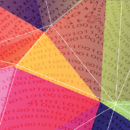
Much of the big excitement about Generative AI was driven by the idea that it would boost productivity (and thus profit). Conversely one of the fears was that it would lead to job losses although there was little or no consensus about how severe such job losses might be and indeed some commentators speculated that new jobs created by AI would balance out the losses.
Early research and reports into the impact of AI were conflicted, with increasing levels of hype perhaps overwhelming more sober research findings. And even now there is only a limited consensus of the impact of Generative AI on employment. Lets look first at productivity. Early research has tended to emphasize that less experienced staff have gained most from using AI,with only limited gain from more senior employees, although of course there are big differences between sectors and occupations. A recent report – Reclaim your Day – the impact of AI PCs on Productivity - about a study by Intel, which tried to see if AI can save time and boost productivity, found that “current AI PC owners spend longer on tasks than their counterparts using traditional PCs.” According to the study, the users of these AIs spent a long time trying to identify “how best to communicate with AI tools to get the desired answers or response,” which is why they took longer. However, there is also a stark lack of data in the report on how much time was spent monitoring and correcting these AIs’ outputs. Despite this the study was optimistic, stating that people need to be better educated on using these AI tools.
Women in Technology has published a study by Sarah Writtenhouse entitled The Great Tech Job Migration is Upon Us - What you need to know about how jobs are adapting to the new tech climate (Paywalled), looking at how jobs in the software industry are changing. The software industry is interesting as thgi sis one of the sectors for which the big Gen AI companies have claimed big productivity savings. Software jobs were already in decline but Writtenhouse says that Software Development jobs postings on LinkedIn fell almost 25% in October this year, shrinking from 22,000 to just under 17,000. But not all is as it seems Writtenhouse says:
“These jobs are just evolving into the next generation of software development work by adding new skills to new job titles.
AI, ML, and Cloud Computing Engineers — Just new names for “Software Developer”
In terms of skills she says “Python, Java, and C++ are still core skills, but an added upskill to ML frameworks, cloud AI toolsets, and LLM models create new AI-centric development jobs… oops, I mean AI-centric engineering jobs.”
It seems AI Engineer postings rose sharply in October, increasing 55% from 10,000 to almost 16,000 from September with a doubling in openings for Cloud Computing Engineers and ML Engineers. Similarly there was an increase in demand for Data Analysts, Data Engineers, and Data Scientists.
I suspect that changes in skills demand and job titles may be more significant than overall employment in different sectors,. However this suggests that there is going to be higher levels of advanced skill training. It may well be that those working in the software industry are used to fast moving technology change but this may not be reflected in others sectors where professional training is needed to help employees keep up.
About the image
Textiles and Tech' intertwine the visual elements of circuits and textiles, merging the past and future, wires and strings. The collages draw inspiration from the history of 1960s Silicon Valley, where Navajo women were employed by Fairchild Semiconductor for their weaving expertise to assemble circuits that laid the groundwork for today’s microchips. By compiling archival images of hands, the series seeks to personify the anonymity of tech labor. The strings and wires running through the visuals encourage viewers to reflect: what is uncovered when we pull on these threads?







